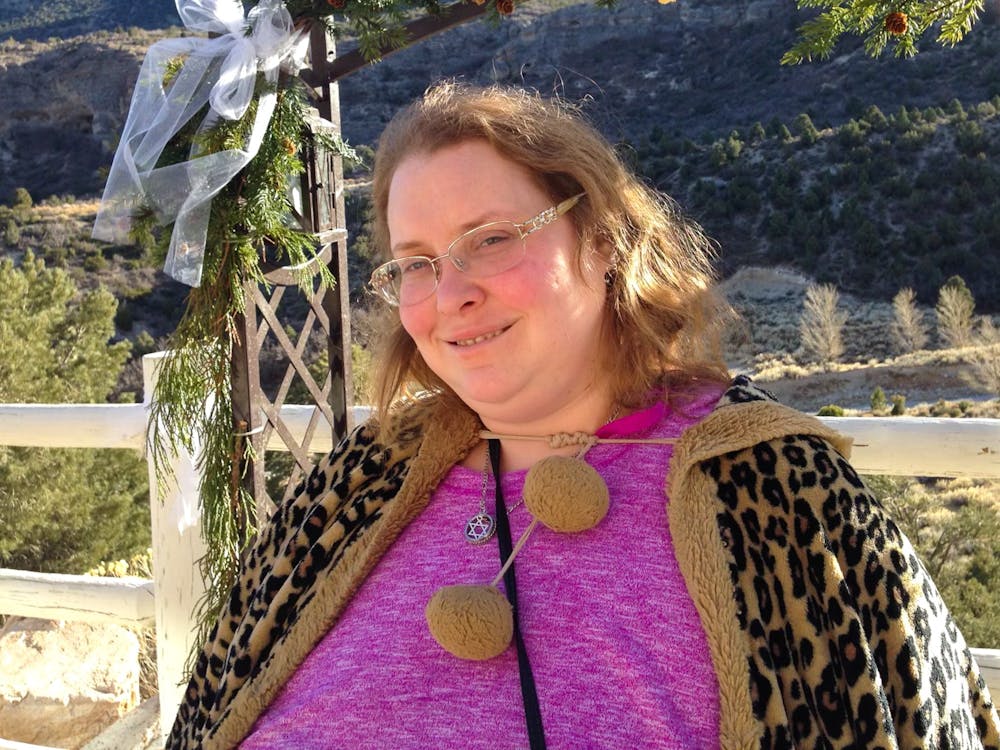Socialization and accommodations
Kara Hume, an associate professor at the UNC School of Education, said socialization is a majorly misunderstood aspect of autism. Hume’s research focuses on how to build inclusive school and community spaces for autistic students.
She said a common false assumption is that autistic individuals do not want to be socially connected to their communities. In fact, they often do want to forge relationships with those around them, but struggle to create those initial bonds, she noted.
Just being more kind, warm and supportive can significantly help individuals with autism navigate new social relationships, she said.
Socialization is not the only problem affecting autistic individuals at UNC. Spitzer said academic accommodations for Autism Spectrum Disorder can be an issue. She found her accommodations to be unhelpful because they gave her extra time for exams but in a different location, where she was unable to ask her professor clarifying questions.
“I had to choose between being able to ask questions about the questions on the test and extended time,” she said. “So it doesn't feel like an accommodation.”
UNC alumnus and author of the book “We’re Not Broken: Changing the Autism Conversation” Eric Garcia echoed Spitzer’s dissatisfaction with University accommodations as a person with autism.
“I wasn't opposed to asking for accommodations,” he said. “I just thought it was a waste of my time, because I remember getting accommodations and how piecemeal they were growing up.”
Despite struggles with socialization and accommodations, Spitzer and Garcia said they both felt welcome on campus and that most community members were familiar with autism.
Resources on-campus
Spitzer said the student organization Tar Heels at the Table was particularly helpful for her. Tar Heels at the Table is a student-run student advocacy group that provides consultation and support to the University on how to build more inclusive spaces, Hume said.
She also highlighted community groups such as the Autism Society of North Carolina's chapter at UNC and the UNC TEACCH Autism Program, which is a statewide organization that offers a variety of support for individuals with autism and those close to them.
To get the day's news and headlines in your inbox each morning, sign up for our email newsletters.
She said the UNC School of Social Work just received funding to build a training module for faculty and staff on how to provide additional support for neurodivergent students. As a member of the advisory board, Hume said the group is currently uniting a panel of individuals with and without autism to create content for the module.
But even with the availability of these resources, Hume said the UNC community should focus most on being open to and supportive of autistic individuals.
Moving forward in the classroom
She said that for professors, support could look like giving students the opportunity to share with a peer at their table or write down their thoughts on a notecard instead of speaking aloud in front of an entire class.
“There are lots of ways that people can participate and communicate that go beyond what we might think of in a traditional classroom or social setting,” Hume said.
Garcia added that professors should allow their students to engage in self-soothing and stimming — behaviors that help manage emotions or overstimulation — as long as these behaviors are minimally disruptive.
Now that there is a greater understanding of autism, UNC needs to be ready to provide services for these students, Garcia noted.
“The University needs to grow, and if it really is the University of the people — and I know that that is the way it bills itself — then it needs to include autistic people and any other neurodivergent type of person in that classification,” he said.
@adelepmorris17
university@dailytarheel.com



